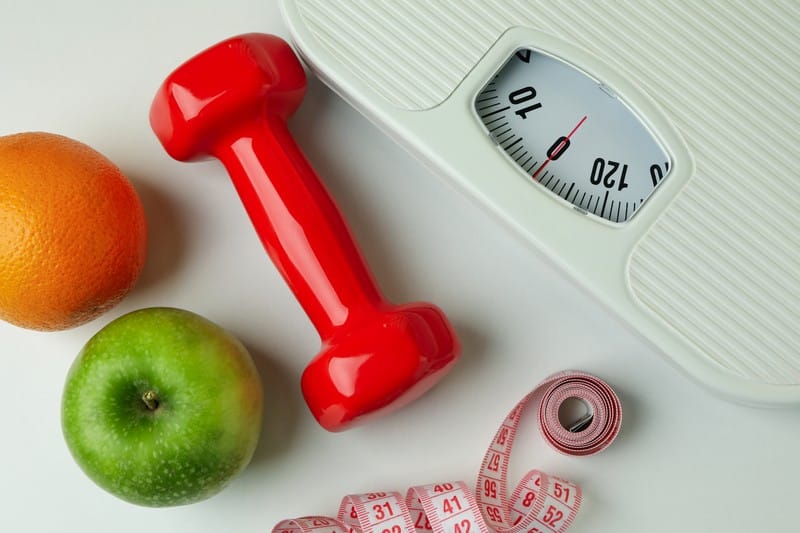Weight Loss Plan

For patients with cirrhosis due to non-alcoholic fatty liver disease, it is crucial to take the necessary measures to lose weight. Risk factors for non-alcoholic fatty liver disease include diabetes, hypertension, and high cholesterol levels. In addition, untreated non-alcoholic fatty liver disease may result in liver inflammation. This condition may ultimately lead to the patient developing liver cirrhosis.
The excess fat in cirrhotic patients may lead to unwanted insulin resistance and inflammatory symptoms. While physicians still cannot identify the link between excess fats and liver changes, cirrhotic patients with non-alcoholic fatty liver diseases should follow weight loss measures until they arrive at their ideal weight. The liver enzymes will eventually normalize and reduce liver inflammation through healthy weight loss interventions.
Fatty liver disease should not impede one’s efforts to lose weight. Cirrhotic patients will need the expertise of a dietitian to modify their nutrition and ensure their meals are healthy and well-balanced. To boost the efficacy of weight loss, cirrhotic patients may need to take additional supplements or medications prescribed by their doctors.










